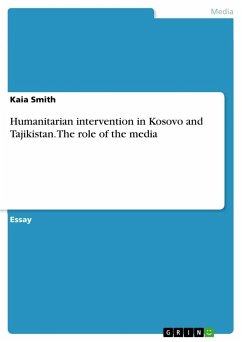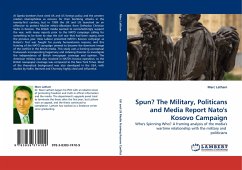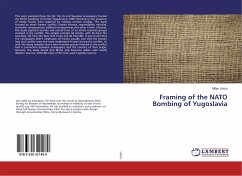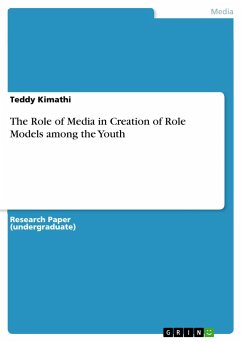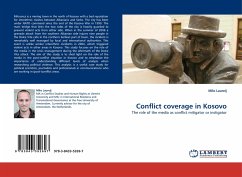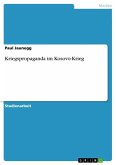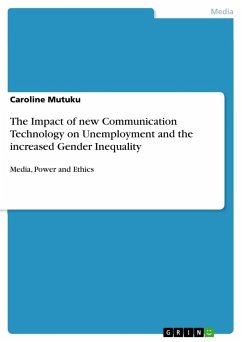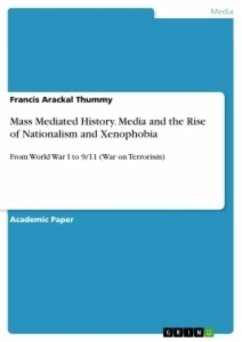Essay from the year 2011 in the subject Communications - Media and Politics, Politic Communications, grade: 1:1, , language: English, abstract: In looking at the reasons behind detrimental effects of humanitarian aid, I attempt to explore the following question: how does the media affect the success of humanitarian aid intervention efforts in large scale political violence?I hypothesize that high levels of media coverage of such situations will lead to decreased effectiveness of humanitarian intervention. Much important information is lost and extraneous information is added throughout the life and travels of a news story. This, in turn, leads to faulty public opinion and thus unsound demands and views on humanitarian action. Depending on the influence of actors' self-interest(s), this negative relationship may be magnified; however my hypothetical relationship does not depend on such political interests.The cases I have chosen to test this hypothesis are Kosovo and Tajikistan. I chose these cases for multiple reasons. First, they are both internal, violent conflicts. Since both of these conflicts occurred in areas close to developed countries in Western Europe, these cases should be relatively equal in terms of opportunities for foreign interest in intervention. Both instances of violence in Kosovo and Tajikistan involve political conflict in which foreign humanitarian intervention was implemented. All cases illustrated high levels of civil violence between different political and ethnic groups (with at least 15,000 deaths). Interventions all took place during the 1990s, so media communications can be evaluated from a similar technological standpoint: the first interventions in Kosovo took place in 1999, and Tajikistan in 1992.
Hinweis: Dieser Artikel kann nur an eine deutsche Lieferadresse ausgeliefert werden.
Hinweis: Dieser Artikel kann nur an eine deutsche Lieferadresse ausgeliefert werden.

